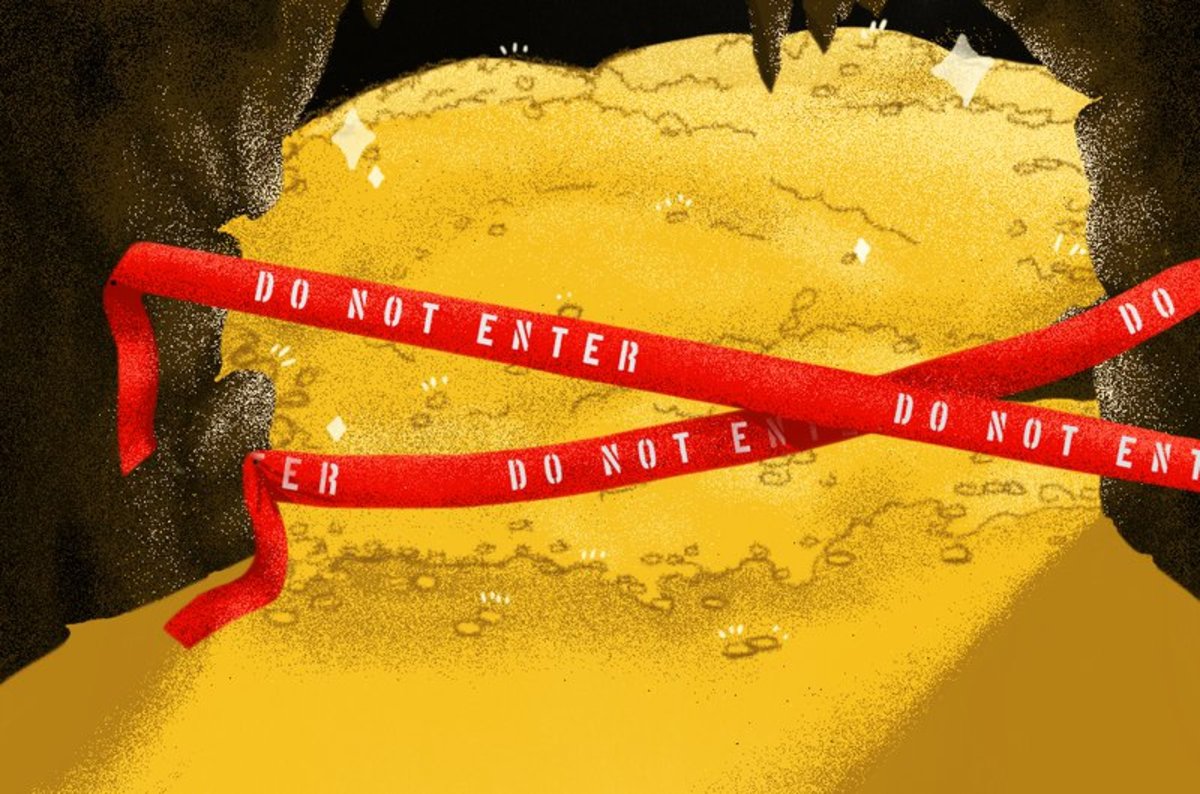The government of Iran has announced a ban on bitcoin mining in the country until late September, according to Iran Front Page.
This move, which was announced by the country's president, Hassan Rouhani, was necessitated by the huge burden placed on the national power grid by bitcoin mining activities in the country, per the report.
“The authorized mining of cryptocurrencies does not consume much electricity and needs just around 300 megawatts," Rouhani said, according to the report. “However, it is unauthorized crypto miners that consume a lot of electricity; they consume about 2,000 megawatts.”
Iran requires that bitcoin miners obtain authorization from the government to operate, which comes with restrictions about how they can utilize the resulting BTC. According to the report, Rouhani has banned all bitcoin mining operations, even authorized ones, due to the power that both sanctioned and unsanctioned miners are using.
The report did not clarify how Iran would stop bitcoin miners who are already operating in unauthorized ways from conducting the process during this latest ban.
In April, the Central Bank of Iran declared that licensed banks and money changers in the country can use bitcoin that has been mined by officially-sanctioned miners to pay for imports. The move was seemingly made to allow the country operate outside of traditional financial controls as it faces international sanctions.
This followed an October 2020 announcement from the country's central bank that it had amended its regulations so that bitcoin and other cryptocurrencies could be mined officially under government control, using subsidized energy, then supplied to the government for funding imports.
“I don’t think the central bank will touch bitcoin in any way,” Ziya Sadr, a Bitcoiner based in Tehran, told Bitcoin Magazine last year. “The system will only provide rates and stuff and the bitcoin will be transferred from sender to receiver directly.”
However, this latest ban now forbids authorized miners from mining bitcoin.











